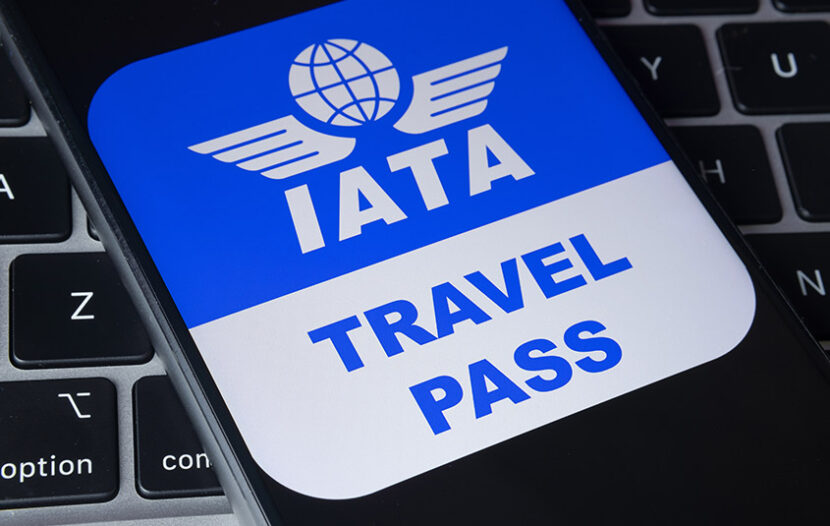GENEVA — The EU Digital COVID Certificate (DCC) and UK NHS COVID Pass can now be uploaded into IATA Travel Pass as verified proof of vaccination for travel.
IATA says travellers holding an EU DCC or UK NHS COVID Pass can now access accurate COVID-19 travel information for their journey, create an electronic version of their passport and import their vaccination certificate in one place.
The information can then be shared with airlines and border control authorities who can have the assurance that the certificate presented to them is genuine and belongs to the person presenting it.
IATA’s Senior Vice President for Operations Safety and Security, Nick Careen, says: “COVID-19 vaccination certificates are becoming a widespread requirement for international travel. Handling the European and UK certificates through IATA Travel Pass is an important step forward, providing convenience for travellers, authenticity for governments and efficiency for airlines.”
Since the early days of the pandemic IATA has argued that harmonization of digital vaccine standards is essential to support the safe and scalable restart of aviation, avoid unnecessary airport queues and ensure a smooth passenger experience.
IATA has welcomed the work done by the EU Commission in developing, in record time, the EU DCC system and thereby standardizing digital vaccine certificates across Europe.
Building on the EU DCC success, IATA is now urging the WHO to revisit its work to develop a global digital vaccine standard.
“The absence of a global standard makes it much harder for airlines, border authorities and governments to recognize and verify a traveler’s digital vaccination certificate. The industry is working around this by developing solutions that can recognize and verify certificates from individual countries. But this is a slow process that is hampering the restart of international travel,” says Careen.
“As more states roll out their vaccination programs, many are urgently looking to implement technical solutions to provide vaccine certification for their citizens when they travel. In the absence of a WHO standard, IATA urges them to look closely at the EU DCC as a proven solution that meets WHO guidance and can help to reconnect the world,” he added.
BLOCKED FUNDS
IATA is also urging governments to abide by international agreements and treaty obligations to enable airlines to repatriate close to nearly US$1 billion in blocked funds from the sale of tickets, cargo space, and other activities.
Willie Walsh, IATA’s Director General, says: “Governments are preventing nearly $1 billion of airline revenues from being repatriated. This contravenes international conventions and could slow the recovery of travel and tourism in affected markets as the airline industry struggles to recover from the COVID-19 crisis. Airlines will not be able to provide reliable connectivity if they cannot rely on local revenues to support operations. That is why it is critical for all governments to prioritize ensuring that funds can be repatriated efficiently. Now is not the time to score an ‘own goal’ by putting vital air connectivity at risk.”
Some $963 million in airline funds are being blocked from repatriation in nearly 20 countries, according to IATA. Four countries: Bangladesh ($146.1 million), Lebanon ($175.5 million), Nigeria ($143.8 million), and Zimbabwe ($142.7 million), account for over 60% of this total, although there has been positive progress in reducing blocked funds in Bangladesh and Zimbabwe of late.
Added Walsh: “We encourage governments to work with industry to resolve the issues that are preventing airlines from repatriating funds. This will enable aviation to provide the connectivity needed to sustain jobs and energize economies as they recover from COVID-19.”

